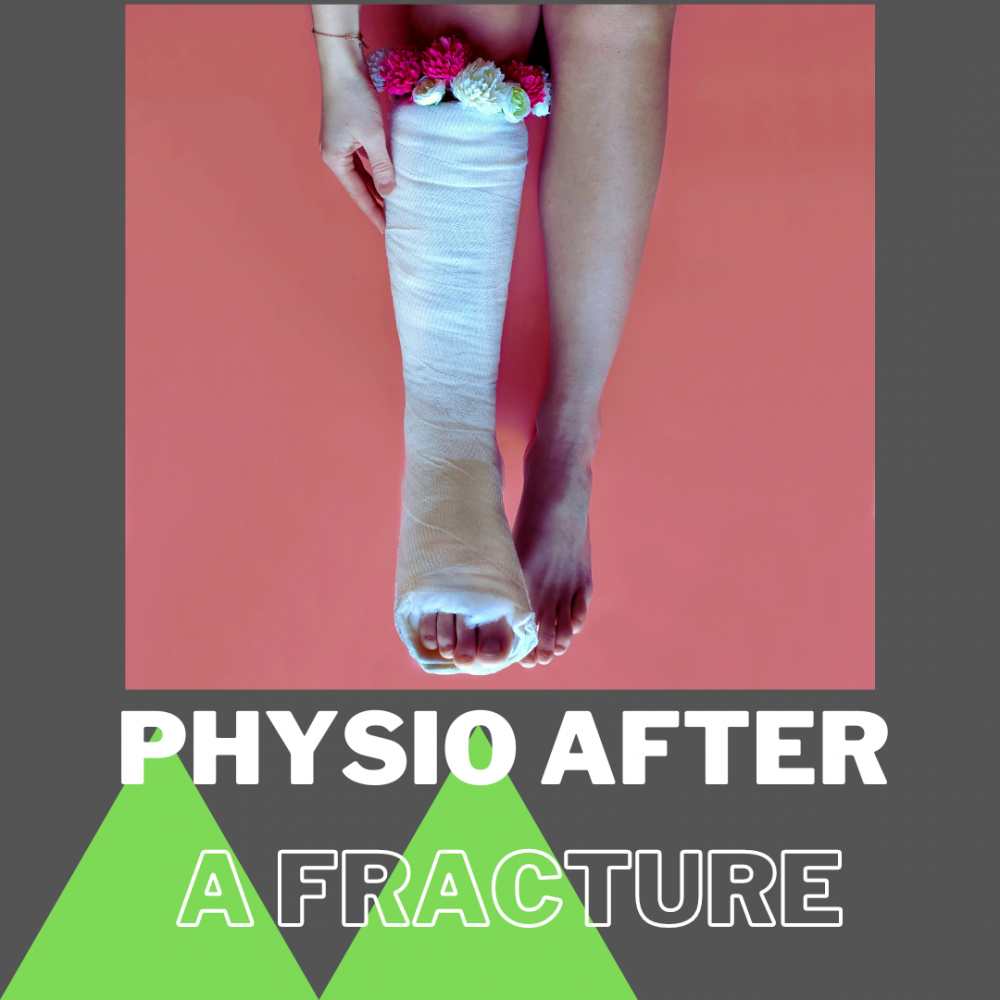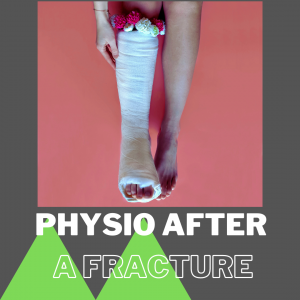
Unfortunately, some people during their life may suffer from a broken bone. We usually call this a “fracture”.
Healthy bones can fracture due to excessive forces or stress. This can happen during an accident or trauma, or a sudden change in activity. Unhealthy bones can fracture with much lower force. This can be because of osteoporosis or other medical conditions. Although osteoporotic bone can fracture more easily, it should heal within the normal time frames.
Fractures need immediate medical attention including X-rays or scans, to check the alignment of the bone. In some fractures, surgery is necessary to keep the bones in place.
Bones are usually immobilised in a cast, a boot or a brace to allow them to heal. The period of time for this varies according to the type of injury and sometimes the age of the patient.
Once the bone has healed, casting or bracing is removed. At this stage, your physiotherapist can help you build back strength and restore movement.
Bones usually heal well following fractures. However, soft tissue damage to muscle, ligaments or tendons sometimes accompany these injuries.
Physiotherapists are trained in techniques to enhance recovery and get you back to normal movement. This is essential following a fracture.
Physio treatment can include:
*specific exercises and stretches.
*muscle strengthening
*mobilisation techniques
*gait retraining
* specific return to sport rehabilitation
Other joints can also become stiff from being immobilised. For example, shoulder fractures can lead to problems with the neck or elbow. Getting moving with your physio can help prevent this extra stiffness and weakness.
You don’t need a referral to see a physio after a fracture, but your GP or fracture clinic will often refer you to see one of us.
We’re here to “Get you back to the activities you love sooner”!
